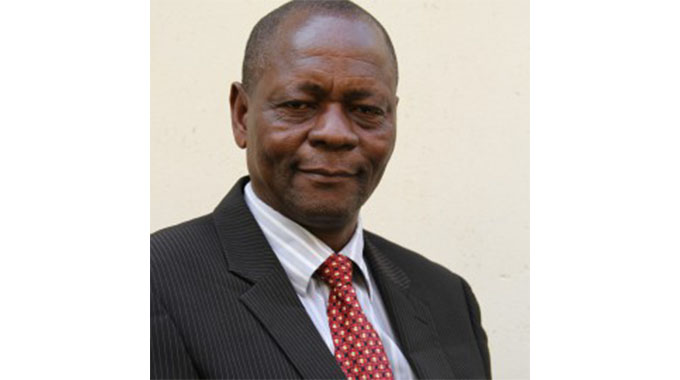Irrigation hectarage increases in Matabeleland South

Sukulwenkosi Dube-Matutu , [email protected]
THE land under irrigation in communal areas in Matabeleland South has increased by 100 percent since 2020 as Government under the Second Republic continues implementing various programmes aimed at developing the agricultural sector.
A total of about 1 200 hectares is under irrigation in the province compared to 600 hectares in 2020.
Matabeleland South acting provincial agricultural director rural development services, Mr Mkhunjulelwa Ndlovu said the increase is as a result of various programmes which have been implemented by Government working with various partners.

He said a number of irrigation schemes that had been lying idle in the province have been rehabilitated while new schemes have been established.
Mr Ndlovu said farmers have also been capacitated to enable them to fully utilise the land.
Since the advent of the Second Republic, significant progress has been recorded in terms of boosting food and nutrition security as the country moves towards the attainment of Vision 2030.
“The province has recorded significant development under the agricultural sector over the past years. We have been commanding 600 hectares as a province, but we have now moved to just over 1 200 hectares, which is a 100 percent increase,” said Mr Ndlovu.
“Government hasn’t only rehabilitated and revived irrigation schemes, but farmers have been capacitated with inputs through various programmes to ensure that they can produce. This has helped to increase the total amount of land we have under irrigation,”
Mr Ndlovu said the development of communal irrigation schemes is critical as it helps boost food and nutrition security at household level.
He said the increase in land under irrigation farming has also helped increase cereal stocks in the province.
Mr Ndlovu said the province has an estimated 99 118 tonnes of cereal supply comprising maize, sorghum, pearl millet and finger millet.

Pearl millet
Umzingwane and Insiza are the province’s highest cereal-producing districts. The province has also managed to surpass its winter wheat target of 3 200 hectares by 200 hectares.
Mr Ndlovu said there is a need to move some of the cereal stock to districts that have low supplies.
“Our target going further is to further increase the area which is being irrigated. The farmers in our irrigation schemes are producing on a certain portion of their land and we want them to expand and put more land under irrigation,” he said.
Government working with various partners has rehabilitated irrigation schemes that have been lying idle in Matabeleland South province and established new ones.

It also targets to rehabilitate and develop 350 000 hectares of land by 2025 across the country to safeguard the country against the negative effects of climate change and ensure food security.
Government has also rolled out various agricultural schemes meant to transform subsistence agriculture at the household level into commercial agriculture.
Furthermore, President Mnangagwa under the agenda “Zimbabwe is open for business” has given investors the green light to partner with local farmers to ensure enhanced production in irrigation.
Matabeleland South Provincial Affairs and Devolution Minister Abedinico Ncube said Government’s work to develop the agricultural sector has helped identify the full potential of indigenous farmers.

Matabeleland South Provincial Affairs and Devolution Minister Abedinico Ncube
“Communal farmers have been significantly empowered through development of irrigation schemes by Government and its various partners. We are saying come 2030 poverty and food challenges will be a thing in the past,” he said.
“Farmers have been re-invigorated to produce at full potential and they are really doing well under the guidance of Agritex. It’s now the duty of farmers to ensure that they fully utilise the intervention and empowerment initiatives that are coming their way as they benefit communities the most.” — @DubeMatutu









Comments